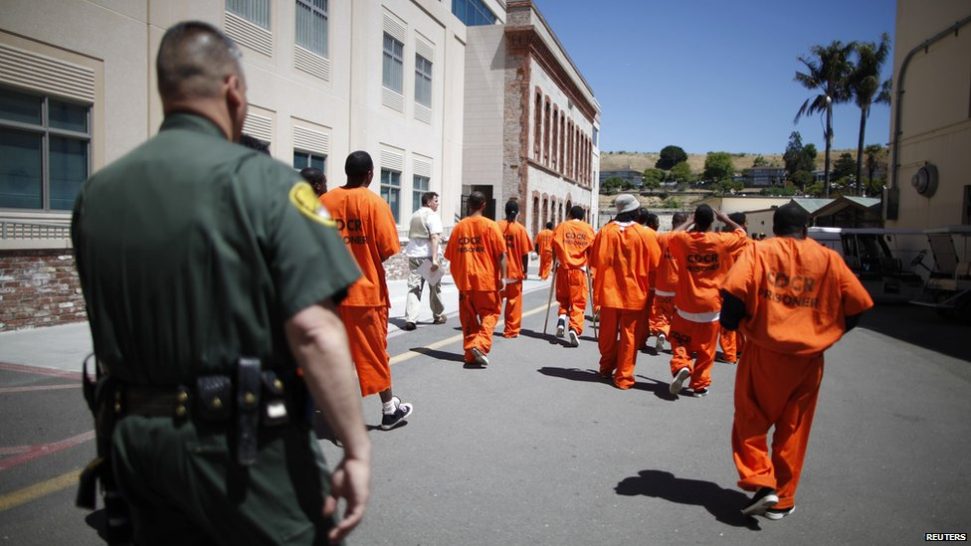Reentry Support Programs: Provide comprehensive reentry support services to individuals who are transitioning from incarceration back into the community. This could include assistance with finding housing, employment, healthcare, and other essential resources to facilitate successful reintegration.
Counseling and Mentoring Services: Offer individual and group counseling sessions for current and former prisoners to address issues such as trauma, substance abuse, mental health challenges, and anger management. Additionally, provides mentoring programs where individuals can receive guidance and support from mentors who have successfully reintegrated into society after incarceration.
Legal Assistance and Advocacy: Provide legal aid services to prisoners and their families, including assistance with parole hearings, appeals, reentry planning, and navigating legal barriers to successful reintegration. Advocate for policy changes that promote alternatives to incarceration and support rehabilitation and reentry efforts.
Family Support Services: Offer support services and resources to the families of prisoners, including childcare assistance, counseling, financial support, and help accessing community resources. Facilitate communication between prisoners and their families through visitation programs, phone calls, and other means of contact.
Education and Job Training Programs: Provide educational opportunities and job training programs for prisoners to acquire new skills and qualifications that will increase their employability upon release. Offer courses on topics such as literacy, GED preparation, vocational training, and entrepreneurship to help individuals build a brighter future.
Substance Abuse Treatment: Develop substance abuse treatment programs for prisoners struggling with addiction issues. Offer counseling, support groups, and access to evidence-based treatment modalities such as cognitive-behavioral therapy (CBT) or medication-assisted treatment (MAT) to help individuals overcome substance abuse disorders.
Community Reintegration Programs: Organize community reintegration programs that facilitate the transition from prison to the community. This could include transitional housing programs, job placement assistance, transportation services, and peer support networks to help individuals navigate the challenges of reentry and build a stable and productive life.
Restorative Justice Initiatives: Implement restorative justice programs that focus on repairing harm, promoting healing, and reintegrating offenders back into the community. Facilitate dialogue between offenders and victims, offer mediation services, and support community service projects that allow individuals to make amends for their actions and contribute positively to society.
Advocacy and Policy Reform: Advocate for reforms within the criminal justice system that promote rehabilitation, reduce recidivism, and address systemic issues such as over-incarceration, racial disparities, and barriers to reentry. Collaborate with policymakers, advocacy organizations, and community stakeholders to advance evidence-based solutions and promote a more just and equitable society.
Peer Support and Empowerment: Create opportunities for peer support and empowerment among current and former prisoners, allowing individuals to share their experiences, support each other’s journey toward reintegration, and advocate for systemic change within the criminal justice system. Offer leadership development programs, self-advocacy training, and opportunities for civic engagement to empower individuals to become agents of positive change in their communities.

